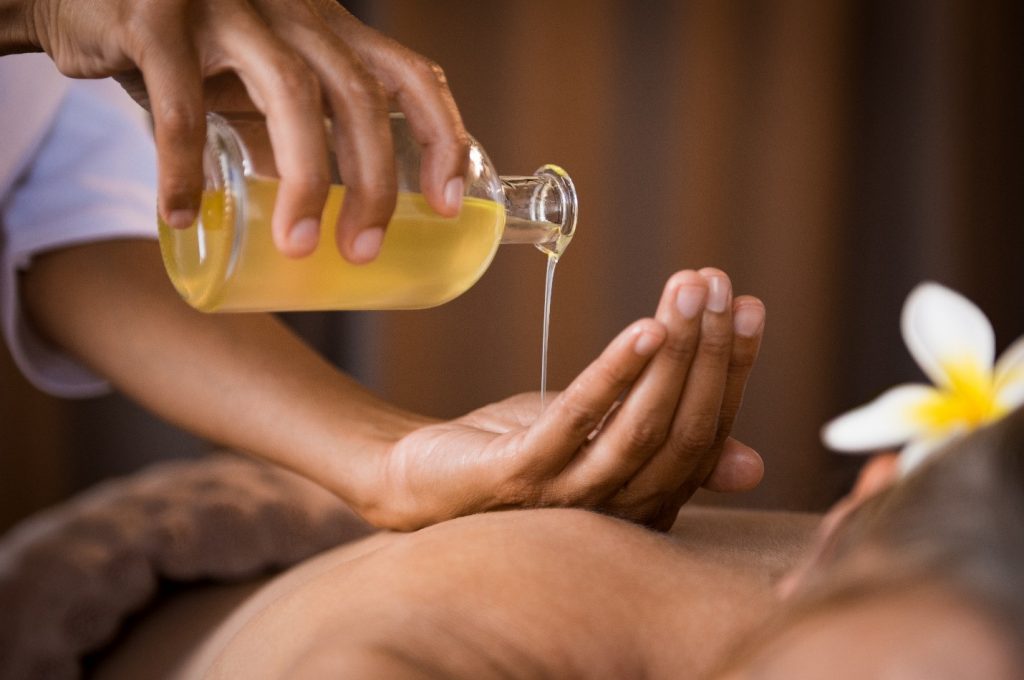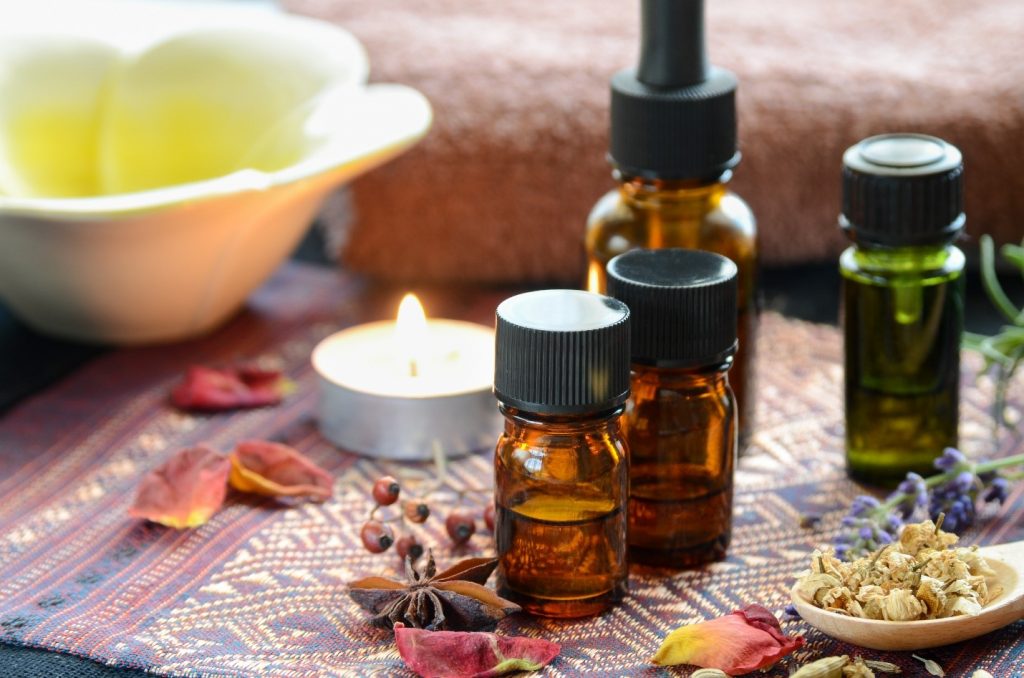What Is Aromatherapy and What Are Its Benefits?
Scents can have an intense impact on our mood. They can trigger a range of feelings and memories. Some fragrances are energizing, others are calming.
Aromatherapy is a form of holistic therapy that works through sense of smell and through the skin. Aromatherapy practitioners use natural plant extracts, usually in the form of essential oils, to promote physical health and emotional well-being.
Holistic medicine takes a whole person approach—mind, body, and spirit. Aromatherapy has been used in holistic healing for thousands of years.
Ancient Wisdom for Modern Times

The term aromatherapy was first used by René-Maurice Gattefossé, a French perfumer and chemist who saw the healing potential of lavender for treating burns.1
He may have coined the term, but people around the world have been using some variation of aromatherapy for ages. Ancient cultures in China, India, and Egypt incorporated aromatic plant oils into resins, balms, and salves to treat various ailments and improve health.2 They understood through experience and passed-down knowledge that certain plants and their extracts were useful for treating a range of ailments, from respiratory infections to menstrual cramps.
Today science is uncovering why. A variety of essential oils, including lemongrass and thyme, are known to have antimicrobial, antiviral, antifungal, and insecticidal properties.3
In aromatherapy, essential oils are inhaled or applied to the skin using diffusers, spritzers, body oils, lotions and creams, massage oils, inhalers, clay masks, and facial compresses. The oils are also sometimes added to haircare products, liquid soap, toothpaste, mouthwash, and bathwater.
Aromatherapy Benefits
Aromatherapy is a complementary therapy, meaning it’s used alongside—but sometimes instead of—conventional medicine. It’s increasingly being recognized by the scientific and mainstream medical communities for its physical and mental health benefits.4 Aromatherapy can help:
- Lift mood
- Reduce stress and anxiety
- Relieve pain
- Improve sleep quality
- Soothe achy joints
- Fight bacteria, viruses, and fungi
- Aid digestion
- Treat headaches and migraines
- Boost immunity
- Aid menstrual problems
- Soothe psoriasis
Some of the most popular aromatherapy oils are sage, eucalyptus, lemongrass, patchouli, lavender, ginger, peppermint, rosemary, and ylang ylang.
Using Aromatherapy Oils
Essential oils can be safely used either through inhalation or topically.
- Inhalation: You can use a diffuser to evaporate essential oils into the air. You can also mix essential oils with water for use in a spritzer bottle or drop oils into bathwater. Aromatherapy oils not only stimulate the olfactory system, they can also act as a decongestant (e.g., peppermint and eucalyptus oils) and a respiratory disinfectant. As the scent molecules make their way from the nose and mouth to the brain, they affect the limbic system, which is tied to emotions, stress, memory, heart rate, blood pressure, and other bodily functions—it’s through this pathway that aromatherapy improves mood and sense of well-being.
- Topical application: To use essential oils for massage, dilute them in a carrier oil (like sweet almond oil or coconut oil) or incorporate them into lotions and creams. When massaged into the skin essential oils may help improve circulation.
Essential oils are generally safe, but some side effects are possible, including allergic reactions, skin irritation, rashes, nausea, and headaches. Never apply concentrated essential oils directly to skin—make sure they’re properly diluted in a carrier oil.
Becoming an Aromatherapist

Many states require aromatherapists to be licensed to work with clients. Certified aromatherapists undergo special training and have the expertise to properly guide clients and develop tailored treatment plans.
Aromatherapists work in spas, yoga studios, and natural healing centers. Many aromatherapists choose to start their own small business and may work with clients by private appointment.
If you’re pursuing a holistic nutrition degree, getting certified in aromatherapy is an excellent way to expand your reach and offer your clients more comprehensive care.
Starting a Career in Complementary and Integrative Health
If you’re interested in becoming an alternative medicine coach, consultant, or practitioner, your first step is to pursue the right education and any credentials required by your state. Fortunately, online certification programs like ours have made this process easier than ever before.
The University of Natural Health is a post-secondary school offering Natural Holistic Medicine & Healing Nutrition Degree & Certification Programs that can be completed through distance learning. Our comprehensive online nutrition courses prepare you for a meaningful career in natural medicine.
To start earning your degrees and certifications from the comfort of your own home, enroll online or call us today at (888) 397-9394.
Sources: